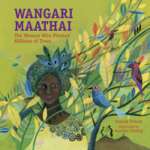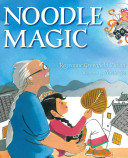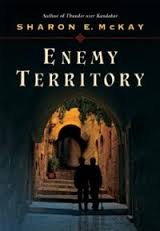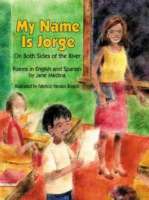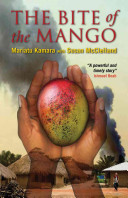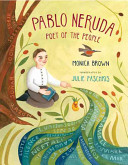
In 1977, when Zhongmei Lei was eleven years old, she learned that the prestigious Beijing Dance Academy was having open auditions. She’d already taken dance lessons, but everyone said a poor country girl would never get into the academy, especially without any connections in the Communist Party of the 1970s. But Zhongmei, whose name means Faithful Plum, persisted, even going on a hunger strike, until her parents agreed to allow her to go. She traveled for three days and two nights to get to Beijing and eventually beat out 60,000 other girls for one of 12 coveted spots. But getting in was easy compared to staying in, as Zhongmei soon learned. Without those all-important connections she was just a little girl on her own, far away from family. But her determination, talent, and sheer force of will were not something the teachers or other students expected, and soon it was apparent that Zhongmei was not to be underestimated. Zhongmei became a famous dancer, and founded her own dance company, which made its New York debut when she was in just her late 20s. In A Girl Named Faithful Plum, her husband and renowned journalist, Richard Bernstein, has written a fascinating account of one girl’s struggle to go from the remote farmlands of China to the world’s stages, and the lengths she went to in order to follow her dream.
